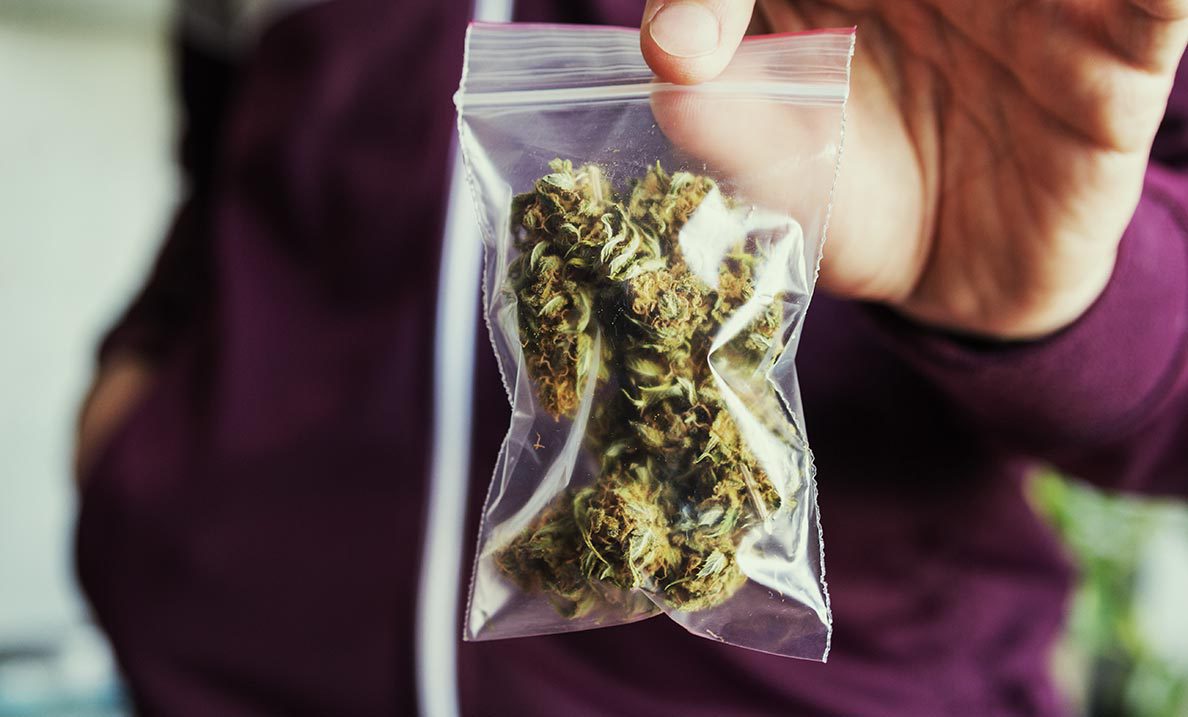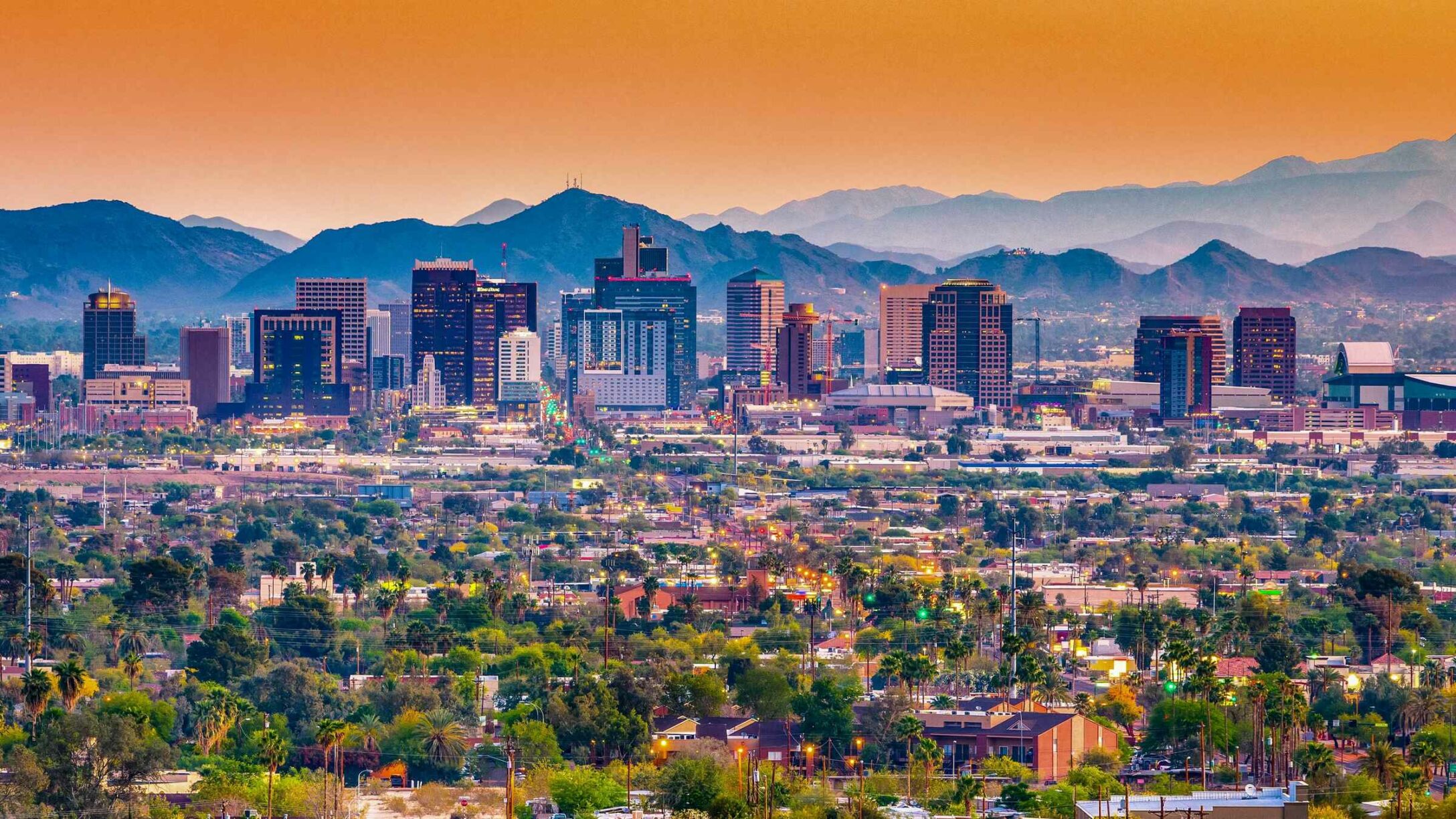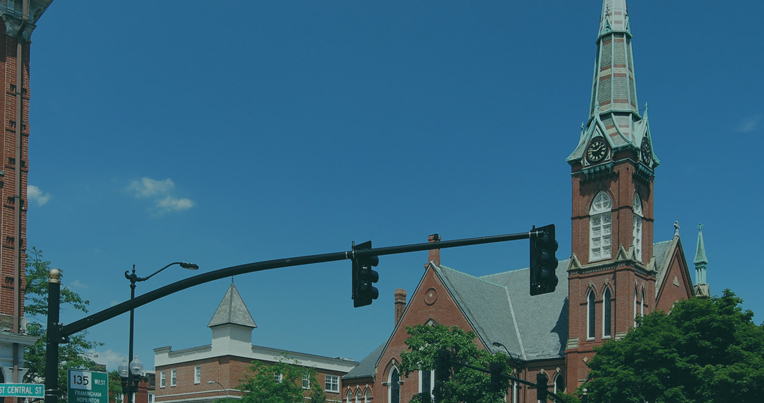Once upon a time, long before cannabis legalization took hold in parts of the United States, the advocates on the front lines often touted tax revenue as one of the main reasons the federal government should end prohibition. A slew of states from East to West have since legalized cannabis for medicinal and recreational use. Local and state governments are generating beaucoup bucks from the sale of legal weed. At the same time, the average canna-consumer in those places has the freedom to purchase a variety of quality cannabis products from a legitimate dispensary instead of their neighborhood street dealer. One would think that all would be right in the world.
But there’s a problem. Many consumers, the same ones who once argued in favor of taxation in exchange for legal access, have opted out of the legitimate market. They argue high taxes are to blame.
A recent article in NY Cannabis Insider begs the question: Will cannabis consumers in New York actually give up “their guy” for the legal market? The answer is likely; some will, and some won’t. We already know that the black market stays hot in areas with a taxed and regulated retail system. In California, taxes make pot purchases 40 to 50 percent higher than what people are accustomed to paying. Consumers are responding to the inflated rates by simply boycotting the dispensaries and buying what they presume is the same product on the street. This backlash against taxes is also happening in states like Illinois. Although there were initially lines of customers eager to get their hands on the legal stuff, that quickly diminished once they realized the cost of going legal was substantial. Many noticed they could save money by sticking with their drug dealer. A report from the Chicago Sun-Times reveals that around $4 billion in black market weed is still being sold statewide because, you guessed it, nobody wants to pay the high taxes.
Although buying marijuana on the black market (where the supplier is connected to organized crime or gangs) may be cheaper, consumers get what they pay for. And a lot of times, the savings equates to tainted weed. Unfortunately, there’s no way for consumers to know what they’re getting when purchasing cannabis from an unlicensed dealer. A report from New Frontier Data shows that around 80% of the cannabis sold on the black market in the United States contains mold, pesticides, and heavy metals. This is undoubtedly putting millions of people at risk.
Consuming any of these toxins can bring about a wealth of health problems – some mild, some severe. Mold exposure, in many cases, might make the user feel like they’re suffering from seasonal allergies more than anything related to tainted grass. They might experience symptoms like breathing difficulties, stuffy nose, itchy skin, and eyes. They often won’t even give their ills a second thought. But while most exposures are moderate, some can lead to severe fungal infections and respiratory illnesses – both of which require medical assistance. These health issues are often attributed to smoking tainted marijuana. A study from the Centers for Disease Control and Prevention (CDC) shows that people who smoke cannabis are 3.5% more at risk for fungal infections than those who do not. Therefore, the cannabis user must know what they’re consuming is safe. But it’s not just the smokable flower the consumer must watch out for. We also know that counterfeit cannabis vapes (containing all sorts of impurities) have infiltrated the illicit market and wreaked havoc on public health. According to the CDC, bad actors are using cutting agents like Vitamin E Acetate that have contributed to thousands of hospitalizations or deaths over the past couple of years. These products are often packaged neatly (complete with a label) to give the appearance that they were procured legally. But they’re cheaply made knockoffs, dangerous charlatans that can wreck the lungs and cause terminal injury.
The black-market pot product may appear as though it came from legal channels, but chances are it was manufactured in unsanitary conditions. There are millions of these unregulated, faux vapes on the illicit market right now. And who knows what dangerous chemicals could be found in them next or what harm they will bring to your body? We assure you; it isn’t good.
Consumers may be saying to themselves, I know my dealer gets his supply from a cultivator who takes great pride in his cannabis. Maybe they do, but that doesn’t mean his product is safe. Even in legal cannabis operations, those with pockets deep enough to afford all of the latest technology struggle to prevent moldy crops. Many of our clients employ teams who conduct regular field tests to ensure plants stay healthy and fit for market. Even then, accidents happen. That’s why third-party laboratories like Kaycha Labs were established. However, while we have the science to spot toxins on a dime, criminal organizations are not calling us to confirm the safety of their products. These shady operations cannot afford the same vigilance as legal producers. Nor do they care, quite frankly, about protecting their customers. Rest assured, none of the cannabis products distributed through illicit channels have been tested for hazardous contaminants. In many cases, dangerous additives are intentionally added to these products to increase profitability.
There is value in product safety.
All legal pot products are required by state law to be laboratory tested for dangerous contaminants like mold, pesticides, heavy metals, residual solvents, etc. Kaycha Labs doesn’t allow any product testing positive for these pollutants to be distributed for retail sale. Cannabis producers understand that a failing grade can cost their operation millions in profits. So, most do their best throughout the cultivation process to ensure their products are safe. We test to confirm.
Labs also test for potency (ever ask a street dealer how much THC their weed contains? They can’t tell you) and reveal terpene profiles. All of this information is critical and readily available at the dispensary via the Certificate of Analysis. Try asking a neighborhood dealer for one of those.
Most serious consumers enjoy knowing that their cannabis is safe and free of toxic materials. They wouldn’t buy food or anything else for that matter that was manufactured in unsafe conditions. Why should cannabis be any different? It shouldn’t. Unfortunately, too many consumers are still putting price before their health and safety. High taxes might be costly, but good health is invaluable. Considering that most unregulated weed is tainted, the risk to consumer safety is too significant to take any chances. While frequenting the black market might save frugal consumers a few bucks now, they could end up paying dearly for it on down the line.













